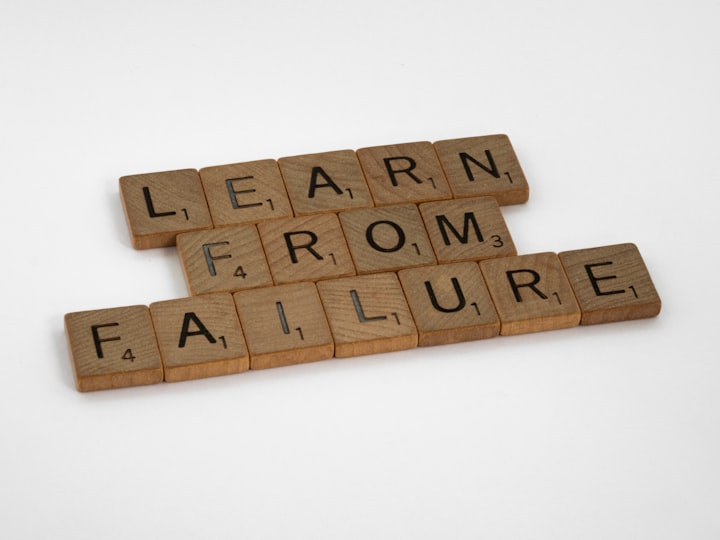How to overcome your mistakes
Learning from your failures.

In a study conducted in 2019, more than 400 participants were involved in the process of learning an entirely new, mysterious language that had been created for the study. They were presented with questions about three pairs of unique characters, such as identifying which character represented an animal. After a short break, they were asked the same questions but with the pairs reversed, such as identifying which character represented a non-living object. What the participants didn't know was that their answers in the first round determined the meanings of the characters in the second round.
During the first round, participants were divided into two groups: one group had all their answers marked as correct, while the other group was intentionally made to fail every question. This ensured that, at the break, all participants had received the same amount of information. In the second round, they were genuinely tested. Despite this equal starting point, those who had performed well in the first round continued to excel, while those who had been cast as failures struggled to improve.
Failure is often seen as an opportunity for learning and growth, but it's not always easy to turn mistakes into mastery, especially when those failures are disheartening, overwhelming, or perplexing. One significant obstacle to learning from failure is the emotional pain it can cause. People generally want to view themselves as capable and competent, and experiencing failure can be a threat to their self-image. In a survey conducted after a replication of the rune study, participants who were in the failure group reported significantly lower levels of self-confidence.
This emotional distress is not just a temporary setback; research has shown that when people feel demoralized or incompetent, their ability to process new information can be impaired. This suggests that a substantial blow to your self-esteem can hinder your learning ability. However, your ability to tolerate failure also depends on your relationship with the task at hand. In a 2011 study, researchers surveyed American students enrolled in introductory and advanced French courses. The results revealed that beginner students preferred positive reinforcement, while advanced students were more receptive to critical feedback.
Several explanations have been proposed for these results. Beginners are still exploring their interest in learning French, so they may seek praise as a way to stay motivated. Advanced students, on the other hand, are already committed to learning and may want to improve their skills as efficiently as possible. Expertise often involves a fair amount of failure, so advanced students may have developed a higher tolerance for making mistakes.
Whether you're a novice or an expert, it's generally easier to learn from your successes than from your failures. For example, when you receive a high grade on an exam, you can assume that your study strategies were effective and replicate them for future tests. However, if you receive a low grade, it can be challenging to pinpoint the exact reasons for your failure, making it difficult to learn how to improve.
While it's natural to want to learn from our failures, it's crucial to remember our successes and focus on building on what we're doing right, as this can be more effective than fixating on our mistakes.






Comments
There are no comments for this story
Be the first to respond and start the conversation.